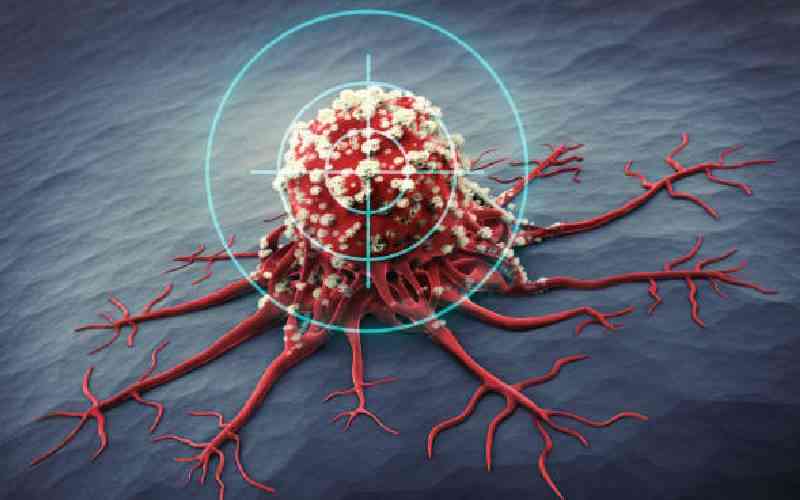×
The Standard e-Paper
Fearless, Trusted News

The National Cancer Institute of Kenya (NCI-K) has some startling statistics. According to the institute, 42,000 new cases of cancer were recorded in 2020.
In the same year, 27,000 Kenyans died of cancer. Up to 76 Kenyans are dying of cancer every day.